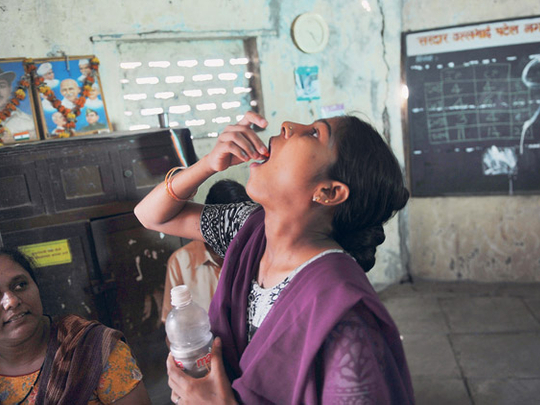
Morija : Medical workers are increasingly concerned that the lethal combination of HIV infection and tuberculosis may become the world's next major health crisis.
To mark World TB Day yesterday Medecins Sans Frontieres drew attention to Lesotho, which has the world's third-highest prevalence of HIV — the virus that causes Aids — and the fourth-highest prevalence of tuberculosis. Here, poverty and violence complicate treatment in a country where life expectancy is a mere 36 years.
Michel Sidibe, head of the UN Aids programme, fears the double infection could become the next new epidemic.
"I'm calling for serious attention to TB, and serious attention to TB-HIV co-infection," he said in an interview.
In this mountainous kingdom surrounded by South Africa, some patients battling HIV and tuberculosis must walk five hours to reach a clinic for their medication.
"It is a problem for us to come to the clinic because sometimes there are gangster men waiting down by the side of the river ... and yes, sometimes women are raped," said Tlalane Tsiane, a 21-year-old woman infected with TB and HIV.
Many men in Lesotho travel to South Africa to work in the mines and some return with HIV and a form of tuberculosis that is resistant to multiple antibiotics.
The World Health Organisation (WHO) believes drug-resistant strains present a major challenge to the global effort to control the disease.
Helen Bygrave, a medical coordinator for Medecins Sans Frontieres, also known as Doctors Without Borders, estimated that between 80 to 90 per cent of Lesotho's TB patients are infected with HIV.












